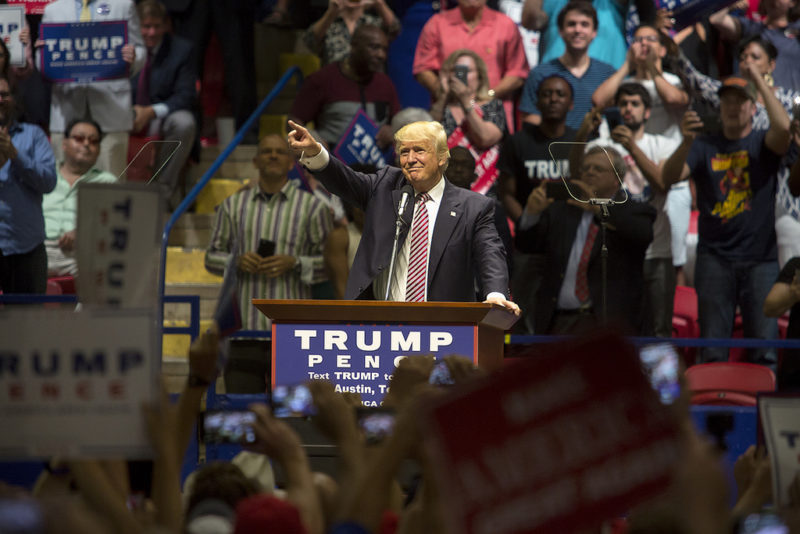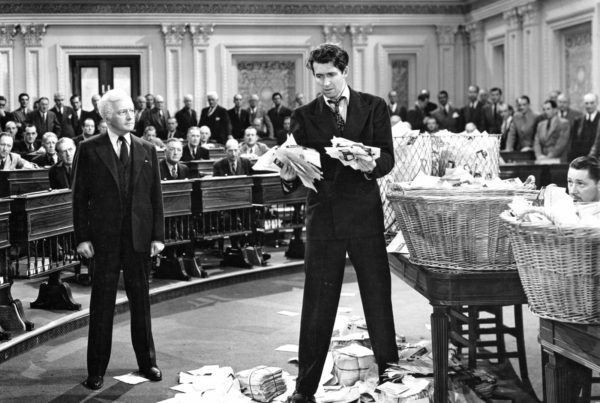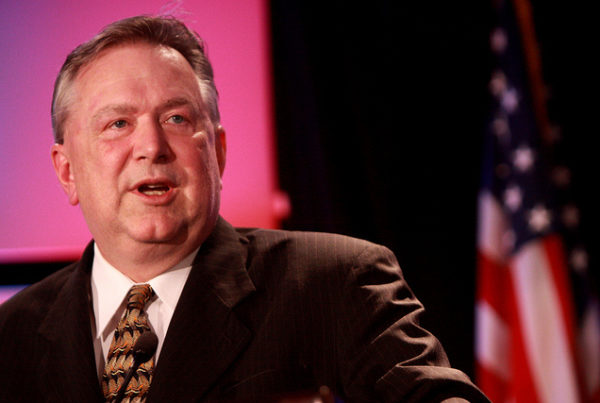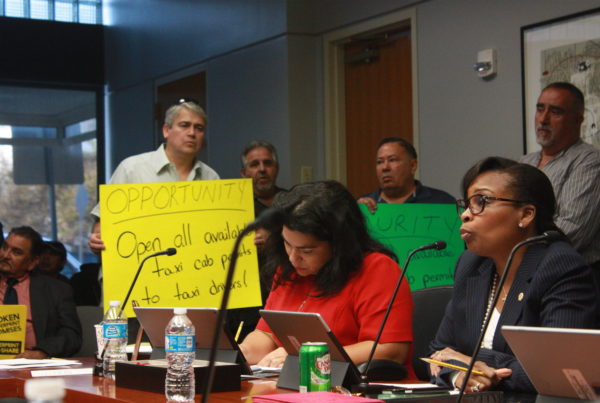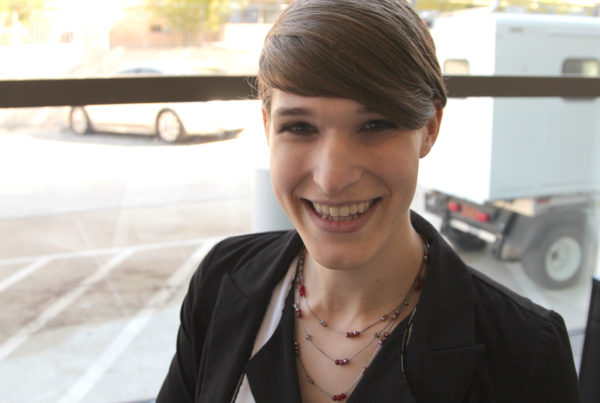Groups supporting President Donald Trump’s policies like ‘Great America Alliance’, ‘America First Policies’, and ‘Making America Great’ provide cover for ongoing political fights – from healthcare to the nomination of Neil Gorsuch for the Supreme Court. But there are signs that these groups are willing to go so far in promoting the Trump agenda that they could end up turning their fire on fellow members of the GOP who don’t cooperate with their goals.
Matea Gold, with the Washington Post, reports that the immediate goal of these groups is to lean on Democrats in anticipation of the Gorsuch vote.
Trump and GOP leadership need support of the House Freedom Caucus, or they need to pick off some moderate Democrats to get big items through the Senate,including tax reform and infrastructure projects, Gold says. But if they engender division within the party, it could create backlash from other Republicans.
“These are groups that were formed by allies of the president to provide him with an air cover for his legislative agenda – similar to the way that ‘Organizing for Action’ was formed to support President [Barack] Obama’s agenda,” Gold says. “The real difference is that there’s been a lot more chaos surrounding these groups then there was during the Obama administration. There’s not any clarity about which groups will be the singular premiere organization and so there’s not a lot of coordinated strategy right now.”
One thing is clear, Gold says: officials with these organizations are considering using the resources they’re getting from wealthy donors to target GOP lawmakers down the line, if they end up impeding Trump’s agenda.
“That would definitely fuel what is already a deep schism within the party,” she says.
“The divide between the conservative flank of the GOP that led by the House Freedom Caucus and other Republicans is something that has really dominated the narrative of Republicans here in Washington over the last several years,” Gold says. “It’s something that President Trump learned really quickly is a major obstacle when it comes to trying to find agreement on big picture legislative items. … We could actually see one of these groups jump into that fray.”
Written by Beth Cortez-Neavel.


